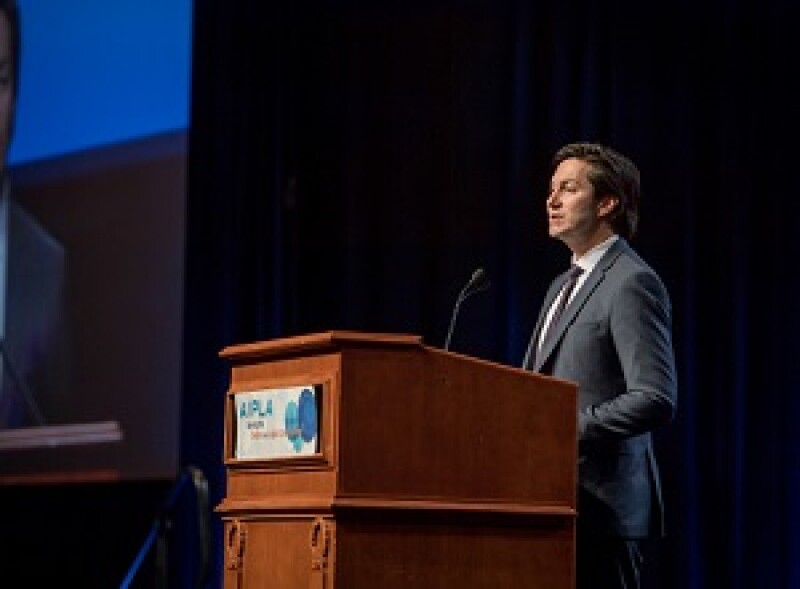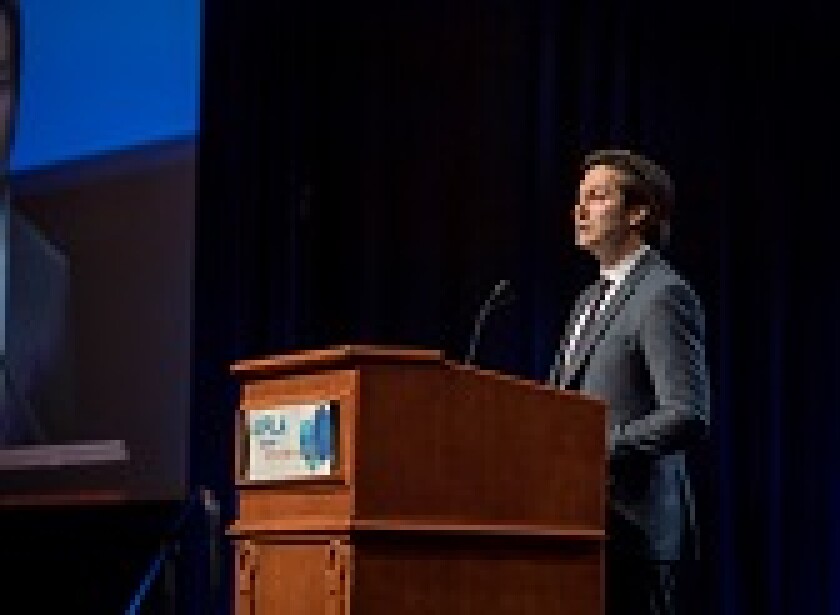
Marti, who was appointed by President Obama in 2014 and confirmed in March of last year, announced that IPEC will soon release its newly-developed strategic plan for securing IP rights internationally.
Though Marti did not go into the details of this strategy, he did inform attendees that it consists of two foundational components: the development of a "modern governmental framework" and "enhanced collaboration and cooperation between the private and public sectors."
"Strategies that have served the country well in the past may be ill-suited to addressing new [intellectual property rights] challenges," Marti said. He stressed that employing these same old tactics against contemporary infringers, counterfeiters and pirates – the growth of which is "fueled in large part by sophisticated crime syndicates" – would be to the country's detriment.
Marti explained that this is particularly dangerous considering that IP-intensive industries contribute 45 million jobs and 38% of the US GDP. Alarmingly, he said between 1.9% and 2.0% of all of world trade is made up of counterfeit goods.
"Today, everything that can be faked, is being faked," said Marti. He said these challenges to IP rights are not just private but public concerns, and that to address them they must be examined at the micro level as well as the macro; in joint efforts between public and private entities, across borders.










